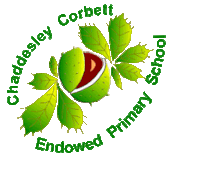- Home
-
Our School
- Autism Resource Centre (ARC)
- Curriculum
-
Parents & Carers
- Attendance
- Support for Families
- Calendar
- Term Dates 2024/2025
- Term Dates 2025/2026
- Classrooms >
- School Lunches
- Free School Meals
- Guidance For Illnesses
- Wraparound Care >
- ParentPay
- Uniform
- PTFA
- Fund Raising
- Parking Facilities
- Social Media Statement
- Useful Links
- Kidderminster Primary Schools Alliance
- Parent Feedback
- Inclusion
- Newsletters
- Contact Us
- Home
-
Our School
- Autism Resource Centre (ARC)
- Curriculum
-
Parents & Carers
- Attendance
- Support for Families
- Calendar
- Term Dates 2024/2025
- Term Dates 2025/2026
- Classrooms >
- School Lunches
- Free School Meals
- Guidance For Illnesses
- Wraparound Care >
- ParentPay
- Uniform
- PTFA
- Fund Raising
- Parking Facilities
- Social Media Statement
- Useful Links
- Kidderminster Primary Schools Alliance
- Parent Feedback
- Inclusion
- Newsletters
- Contact Us



